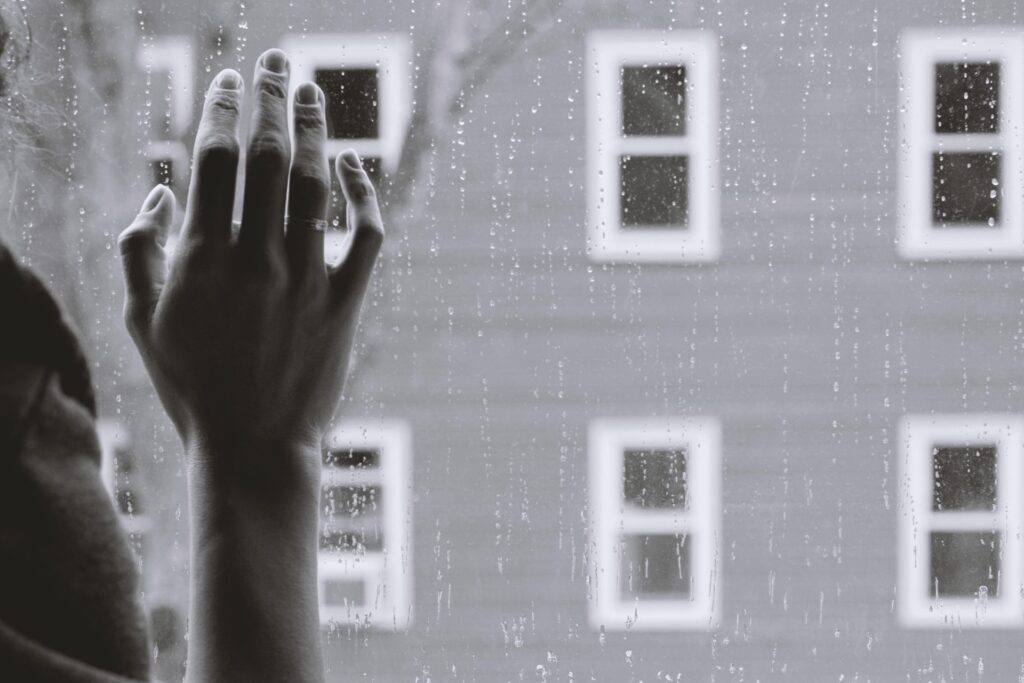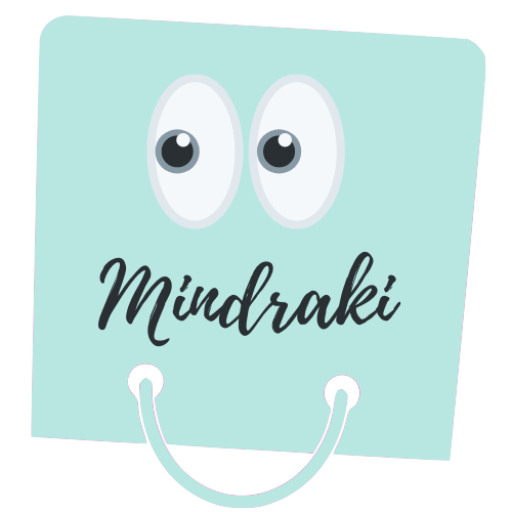Are Depression and Anxiety Same?
No, depression and anxiety are not same but they have similar symptoms and often one leads to another. What is depression?
In Layman’s terms, depression is a state of mind where a person is engulfed by a blanket of hopelessness. Often that persons has nothing to look forward to and even if they do, they are robbed of any motivation to do anything about it.
What is anxiety?
Anxiety is an aggressive version of nervousness. It is a feeling of being at edge, which could lead to physical manifestations such as the giddy feeling in the stomach, racing heart or in serious scenarios- throwing up. In contrast to depression, people suffering from anxiety are not as much affected by hopelessness as much as they are hopeful of something going out of hand.
How to check if you are anxious or depressed?
Mood
Depressed: Most depressed people are lost. They become victim of utter hopelessness and sadness. There comes a point when a depressed person stops feeling anything at all. They’d be disinterested in everything. Nothing excites them. Things that used to be fun become boring. They might enjoy a joke for 20 seconds or more and then go back to their zone. Unlike a person suffering with anxiety, depressed people are not easy to spot. Look around yourself, most of the people sitting or standing around you at this moment might be depressed, but you have no way of knowing unless they tell you or they exhibit signs of depression with less subtlety.
Anxious: Anxious people are relatively easier to spot. Anxiety has an interesting way of showing itself. An anxious person will always be found fiddling about, twiddling with thumbs, nervously shake their feet, touching face or nose while talking, tucking an invisible strand of hair behind ear, have an awkward twitch in cheek muscle. Mostly these are all the tell tale signs of a ‘nervous’ person. But when these symptoms intensify and are overtaken by panic attacks, nausea or profuse sweating, it’s very likely that its an anxiety attack. It is often difficult to calm down a person suffering from anxiety during the panic attacks, as people in such situations are all inside their heads and therefore not in the capacity to listen to the voice of reason.

Opportunity outlook
Depressed: A depressed person is overwhelmed with despondency, would often put no efforts in his day to day activities. They usually spend most of their time sleeping or hiding away in their rooms. They prefer being isolated, as conversing with people would take too much of an effort on their part. Feigning an interest or smiling is doable but not preferable and eventually takes a toll on them. Opportunities for social interaction feel like a punishment. They can not bear the gravity of reality anymore, so being asleep most of the time is their way to escape reality. Anxious people are too restless to sleep. When goals feel lightyears away, one resorts to give up trying.
If ever you find yourself feeling depressed for no apparent reason, don’t fret, it’s not unusual. You probably have unresolved concerns subconsciously that you haven’t dealt with.
Anxiety: Anxiety unlike depression does not always occur in hopeless situation. Unlike depression anxiety has well-defined triggers. A person can get anxiety in situations like impending presentation, a group discussion, skydiving or walking the aisle. Sometimes it’s called wedding jitters, other times it’s stage fright. Sometimes being alone can rile people up with anxiety. A survey suggests that in 2020 pandemic, most people who were isolated in their houses due to home quarantine and global lockdown, exhibited signs of anxiety and panic attacks in alarming numbers. Anxious people get overwhelmed by opportunities. ‘Fear’ is the driving emotion in anxiety.
Weight changes
Depression: Eating habits are affected when a person is depressed. Due to a constant feeling of despondency and disinterest, a depressed person most times loses interest in eating. They eat for sustenance and sometimes they even lose the will to sustain. If you see a person with drastically depleted body fats, there is a chance that the person is depressed if not ill. On the other hand, some people use eating as means to get over depression. It is hard to find a logic between over-eating and depression but it’s not unheard of, people often label it as stress eating.
Anxiety: In serious cases of anxiety, a person experiences tantalising sensation of dizziness and the urge to throw up. Eating takes the backseat, while the worst case scenarios roll out on repeat inside an anxiety-prone person’s mind.
Thoughts on death
Depression: Depressed people just go where the wind takes them. Things happen to them, they feel at loss of motivation to take the steering wheel of their life. When the hopelessness takes its toll on them, it’s not unusual for them to lose the zeal to live. In more than 70% cases, a depressed person has shown disliking for continuing living, at least once in their lifetime. Most of the suicides in the world are results of depression. The thoughts of dying are serious but not uncommon, and trust me, it goes away with time. Most depressed people think of suicide but only few follow through it. Depression can come in small instalments, with varying intensity, few months apart from each other or they can be long term, lasting upto 6months.
But in almost every case, it’s better to keep holding onto life, as the clouds of hopelessness eventually do fade away.
Anxiety: The most special aspect of anxiety is that, the person cares (although a little too much but it still counts). An anxious person is crippled with the fear of something unfavourable happening, it is a proof in itself that they value their well being. Although anxiety is not the most comfortable of feelings but one can rest assured that an anxious person would do anything to stay away from harm’s way. But it does not mean that an anxious person could never resort to option of death. In cases where anxiety reaches its peak and it transforms into depression, one may succumb to suicidal thoughts as a means to end the discomfort.
Common symptoms of Anxiety and depression:
| Depression | Anxiety |
| Lack of energy and fatigue | Increased heartbeats |
| Disinterest | Gastrointestinal problems |
| Oversleeping or lesser than normal | Difficulty falling asleep |
| forgetfulness or loss of memory | Stuttering or difficulty talking |
| Loss of appetite or over-eating | Running out of breath and sweating |
| Overthinking | Dizziness or the urge to throw up |
| Seeking isolation | Difficulty concentrating and overthinking |
| Feeling of guilt and helplessness | Constant worrying and fatigue |
When a person has symptoms of both anxiety and depression, severe enough to justify a psychiatric diagnosis, but neither of which are clearly predominant. It is a condition called Mixed Anxiety and Depressive Disorder (MADD)
There is no specific reason for depression. Depression can occur in people who suffer from childhood trauma as well as in people who had healthy upbringings. Depression can occur incase a loved one has passed away as well as over the monotony of daily routine. Sometimes it occurs due to changes in brain chemicals such as dopamine and epinephrine, which makes people with a family history of depression more prone to it. Anxiety on the other hand has tiggers that evoke the feeling of discomfort and restlessness. Low serotonin levels are thought to play a role in both, depression and anxiety.
Anxiety and depression have similar route for treatment i.e. psychological therapy and medicine. Often, a treatment approach will involve a certain combination of both psychological therapies and medicines. If you are having any of the above symptoms, talk to your friends or loved ones. As cliché it may sound, sharing does help to take some pressure off your chest. Most people are not comfortable sharing their fears and concerns with their acquaintance or family members. In that case, talking to strangers has proven to be better route than sharing your worst thoughts with familiar faces. Don’t worry about labelling your symptoms as anxiety or depression. If you are in need of help to sort your thoughts out, contact a psychologist or a medical counsellor.


